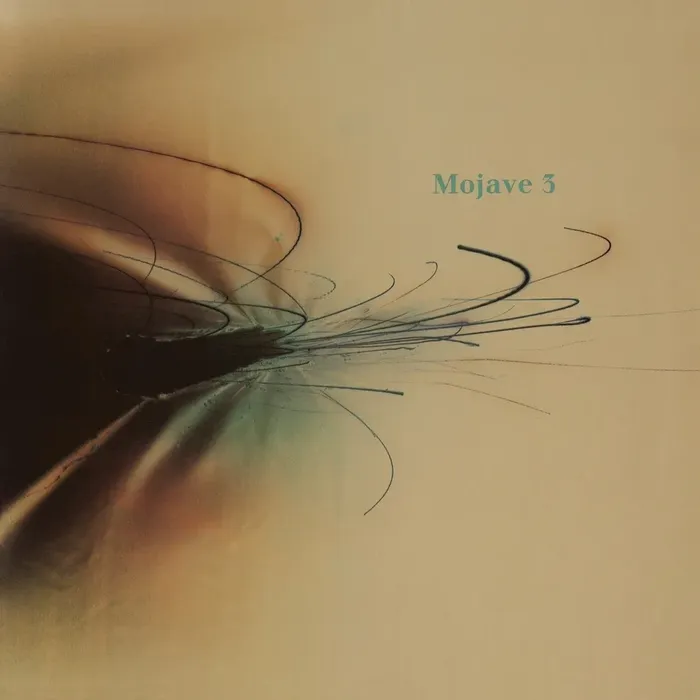Ask Me Tomorrow by Mojave 3 (Review)

I discovered Slowdive almost a year ago and since that time, their ethereal and melancholy music quickly made them one of my favorite bands. Therefore, you’ll understand that it was somewhat of a blow when I heard that they were breaking up. And then, to rub salt into the wounds (sorry if I’m a little dramatic), I heard rumors that three of the members (Neil Halstead, Rachel Goswell, and Ian McCutcheon) were reforming under the moniker Mojave 3 and would be playing country music. This, for me, was not good news, so it was with some trepidation that I slipped Ask Me Tomorrow into the CD player. And, I can happily say, that my fears were completely unfounded.
This is not Slowdive reborn… well, not completely. Halstead (the primary songwriter for Slowdive and Mojave 3) has always written personal, introspective songs, and that approach has not changed. However, musically, Mojave 3 is very different than Slowdive. Slowdive went for huge layers of airy, flanged guitars and floaty vocals. Mojave 3, on the other hand, has gone for a much starker acoustic sound that’s stripped down, sparse, and surprisingly more inviting; it’s almost as if the band decided to plop down and play in your living room. Not many bands could pull off such a transition, but Mojave 3 has done so brilliantly.
The songwriting is as solid as ever, and Goswell and Halsteads’ harmonies are as good as ever. One bonus of Mojave 3 is that we get to hear more of Rachel’s lovely voice! Her vocals, lazy and winsome, are a perfect complement to the music. Ask Me Tomorrow is mainly acoustic based but also utilizes lazy slide guitars (“Love Songs on the Radio,” “Tomorrow’s Taken”), light percussion, and haunting cellos (another Slowdive trademark). The result; a very mellow, “country-fied,” yet more mature music that’s both desolate and invigorating.
The songs are mostly about heartbreak (“Where Is The Love”), poignant loneliness (“Pictures”), and a beauty of love (“You’re Beautiful”). Here it would be very easy to risk becoming clichéd, yet Halstead’s lyrics and music are nothing of the sort. They are heartfelt, warm, open, and even cathartic. This is music that everyone can relate to and, if there’s any justice in this world, should help Halstead, Goswell, and McCutcheon receive the accolades they should’ve received as Slowdive, as well as many more.
